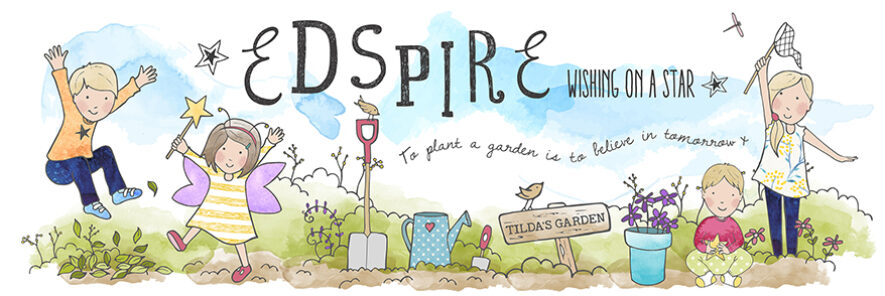This is a sponsored post
Writing and comprehension are both key areas of a child’s English Language skills that they’ll learn throughout their school life. They are also key skills to use to improve your child’s writing ability, a very crucial part of studying core subjects in their GCSEs and all the way through university, as well as in their future career.
This prep school in Surrey has provided us with some tips to help your child with their creative writing skills that you can try at home.
Start by asking them questions by using their senses
The five senses are a great way of getting your child to write down notes on a piece of paper or go further and start writing sentences. When they’re asked how they feel, they’re more likely to express themselves instead of making them think on the spot. This also gives them a good way of practicing a lot of what they’re taught in school.
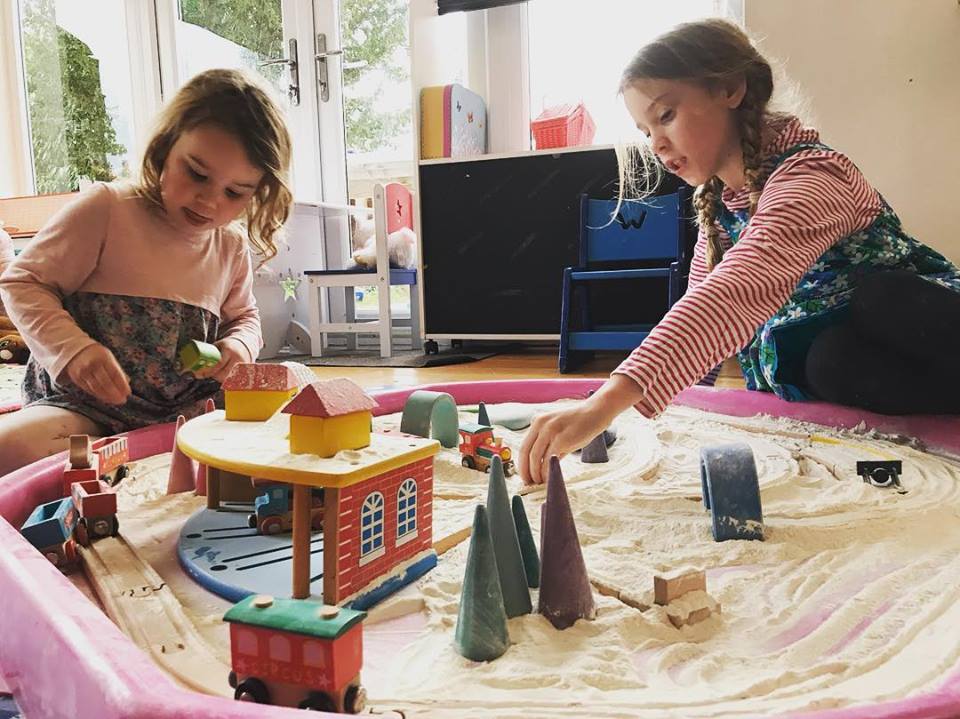
Get them to write about their favourite things
Nothing gets kids more excited than being able to express their thoughts on things they love and enjoy. Whether it’s football, arts and crafts, or a more specific hobby that they’ve recently taken up, getting them to write about them will really engage their creative writing skills.
You can often find new things your child enjoys when going on days out, or a trip to the museum. This is also another way to get your children talking and writing their thoughts down on paper.
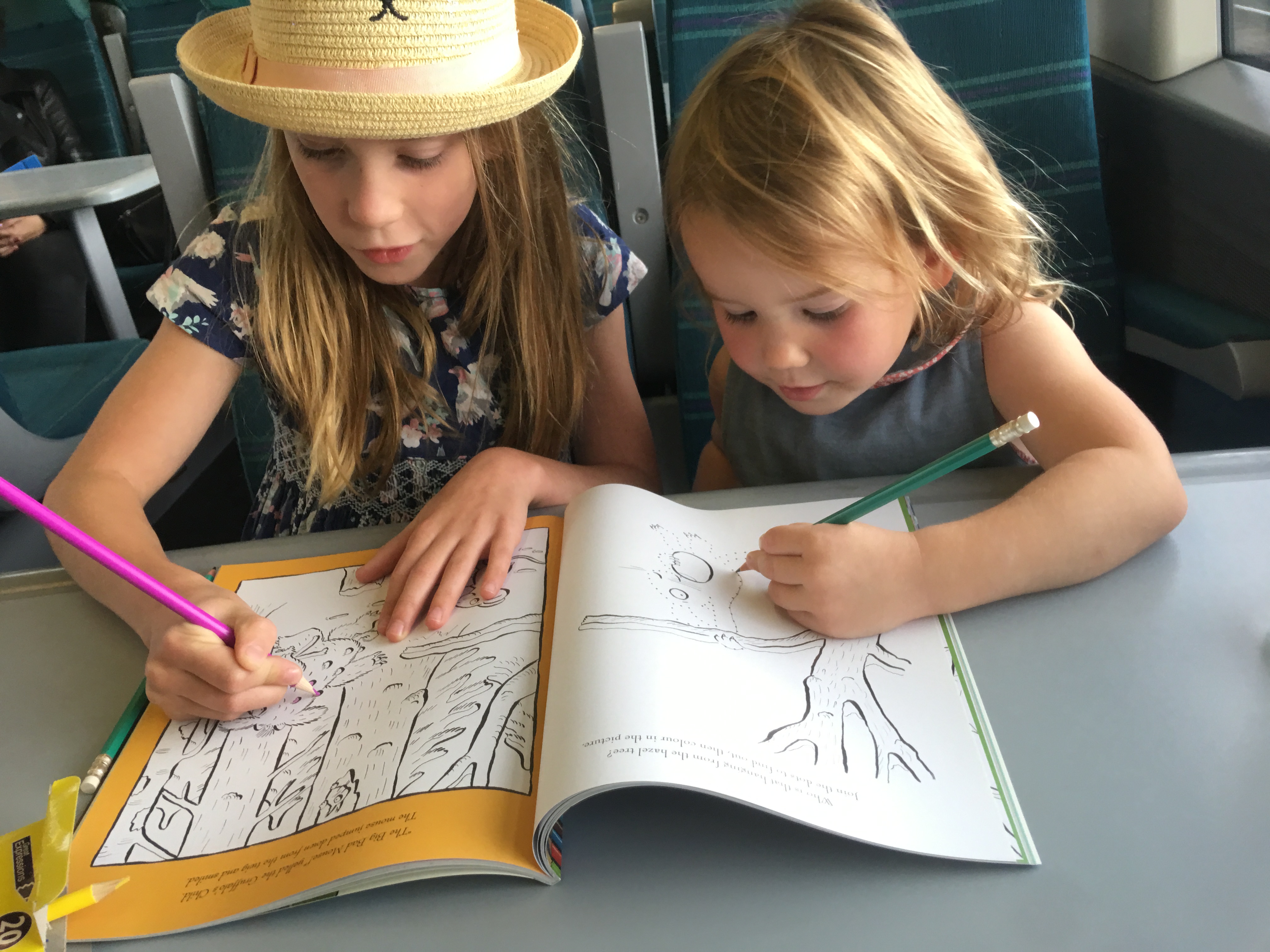
Make sure your child is reading
Reading books and getting them involved with the latest novels and works will give them the chance to be inquisitive and thoughtful in the future. It gives them the chance to see how authors write fiction and make their own stories come to life. Encouraging your child to read regularly will give them a huge range of stories and ideas that can grow over time, let them develop interests in specific characters and explore their own feelings. So make sure you have plenty of time to go to the library!
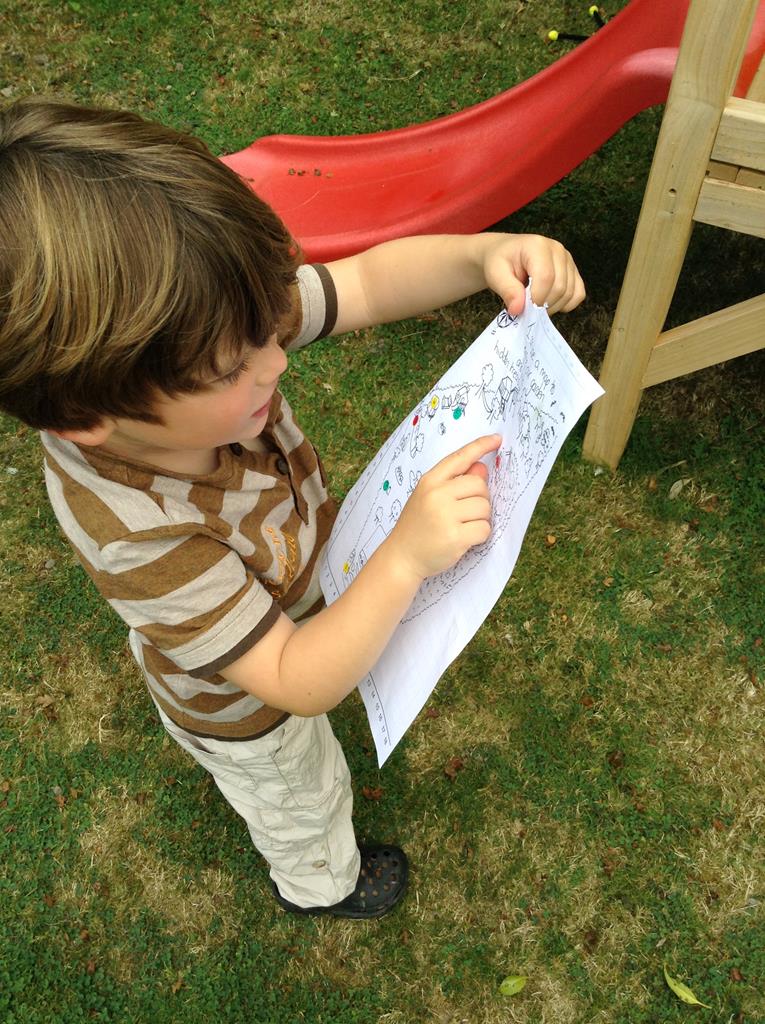
Popular media
Films, TV and music, comic books and video games are all ways your child can connect with different characters, stories and more. It gives them the chance to visualise what can be sometimes difficult to interpret from reading stories – it allows them to see how other people interpret stories and characters.
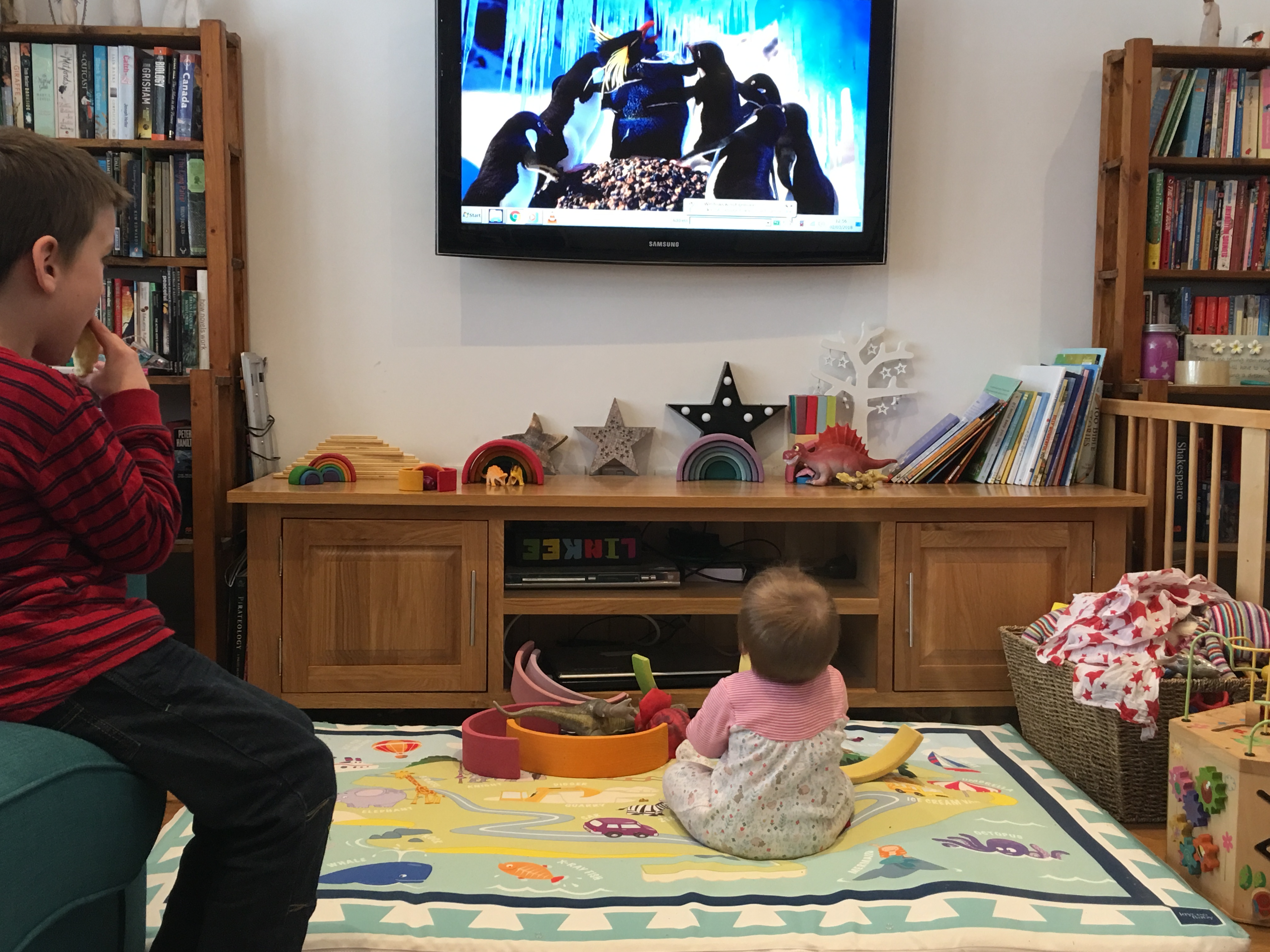
They may have some favourite games or films that they’d love to talk about – encourage them to write about these moments and how they make them feel. Or see if they can remember the plot from their favourite films and make it into their own stories.
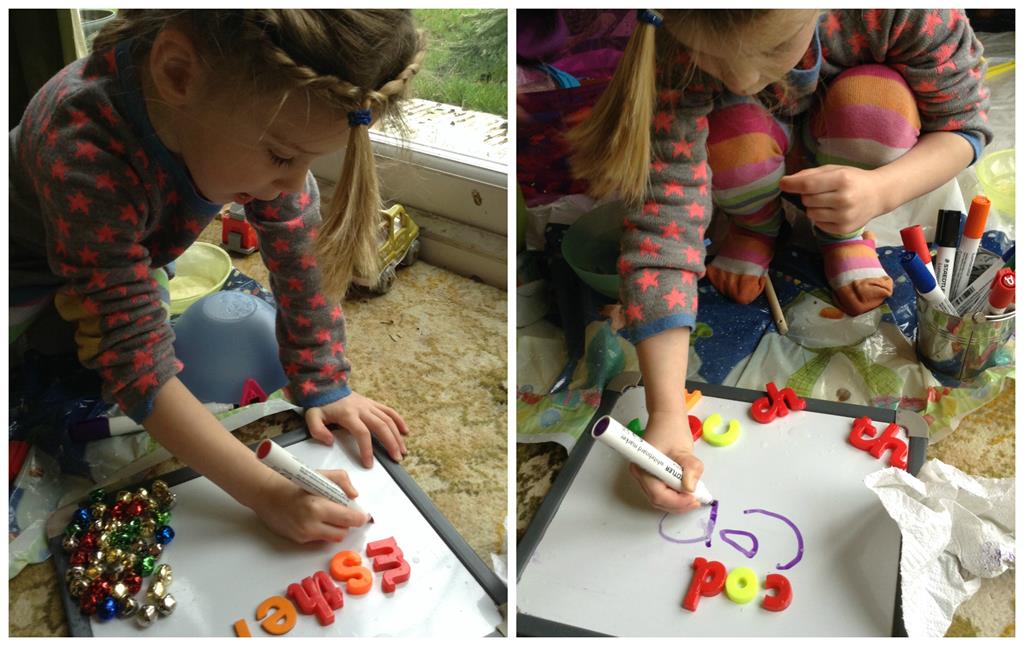
Here are some of our creative writing ideas
